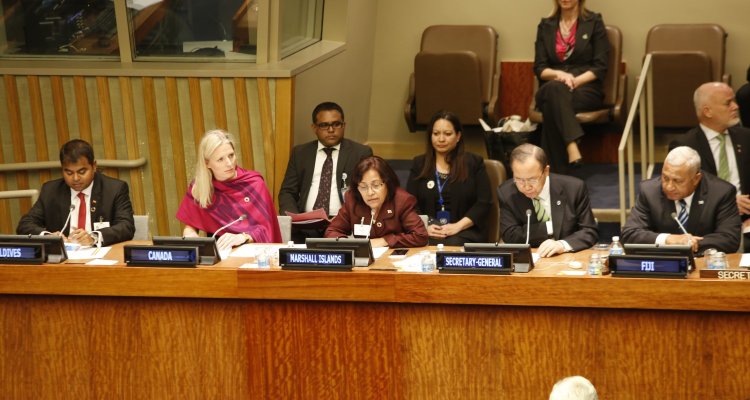
News
Transparency will not be sufficient to achieve Paris climate targets
The Paris Accords that were signed in 2015 did not include any binding climate actions. Instead, transparency became the focal point: countries have to be open about their climate targets and how to achieve them. Professor Aarti Gupta, however, warns against expecting too much from transparency.
No binding climate actions
The idea behind transparency is that countries will increase their efforts to achieve their climate targets if they know the rest of the world is watching. It may not work that way in practice, says Gupta, professor of Global Environmental Governance at Wageningen University & Research. Her research shows that countries mainly tend to be open about aspects that suit them: ‘Countries may prefer to report on topics that are least controversial politically. They would rather be transparent about what they do well than about the goals they fail to achieve.’
Transparency also has other limitations. For instance, topics such as climate adaptation are difficult to quantify. Therefore, a lot of time and money is spent on figuring out how to report on this, rather than spending money on the actual measures themselves. In addition, there is no requirement to report on crucial factors contributing to climate change, such as the subsidies countries give to fossil fuels.
Radical transparency
Nonetheless, Aarti Gupta gives several reasons to be cautiously optimistic. Giant technology firms like Google and Amazon aim to monitor global CO2 emissions in near real-time via satellites. ‘Such radical transparency does not take into account what countries do or don’t want to be transparent about.’